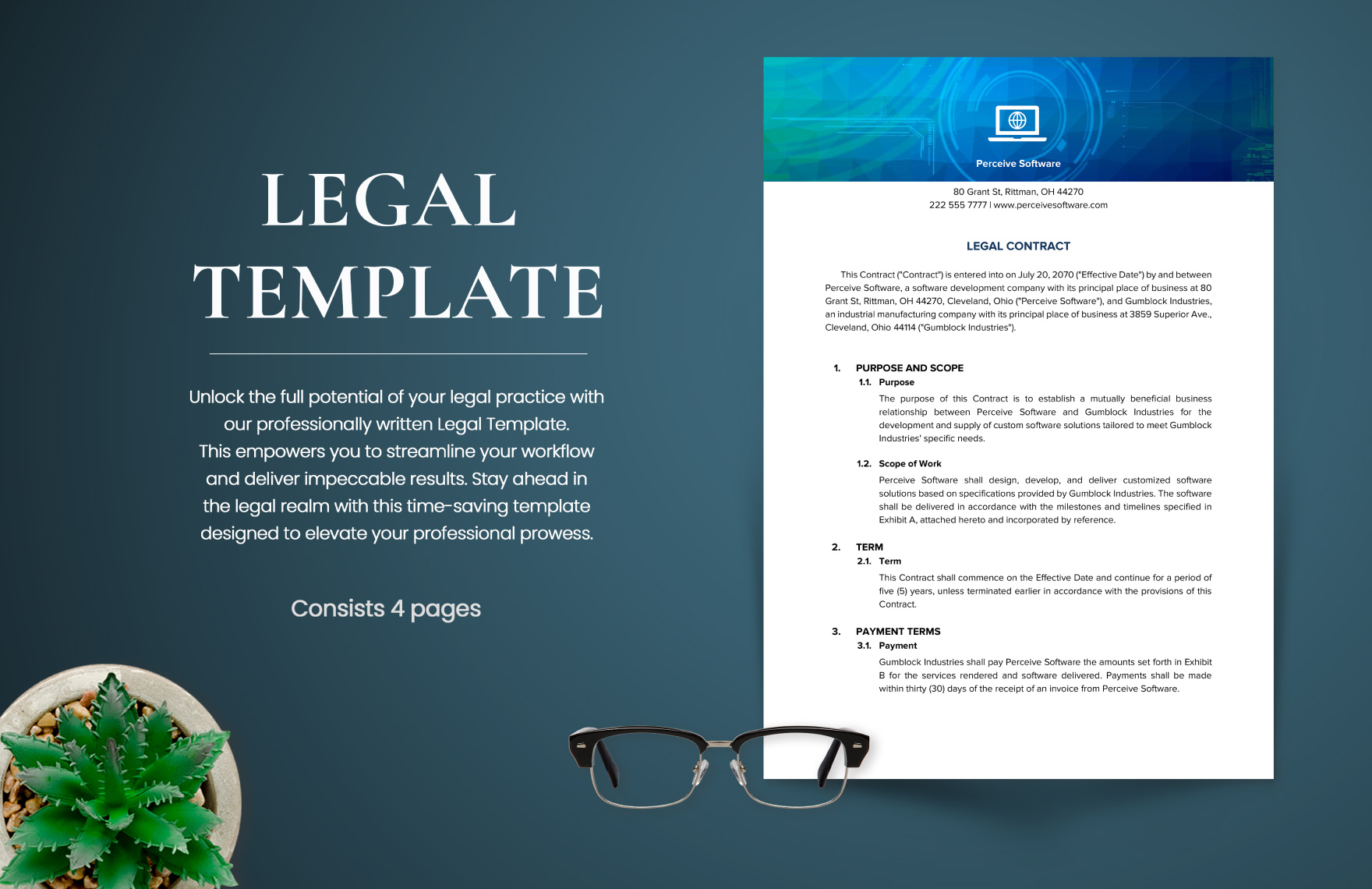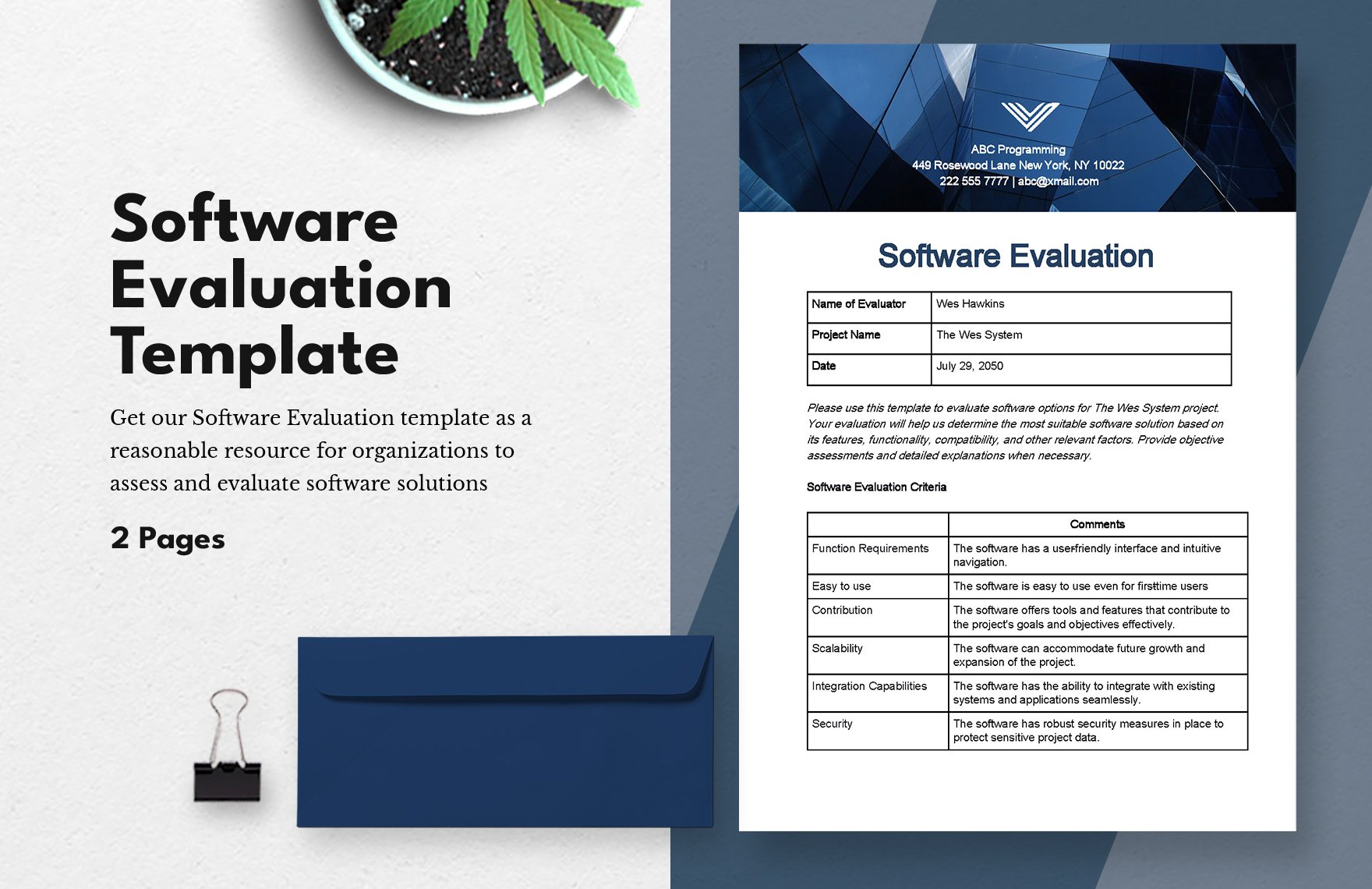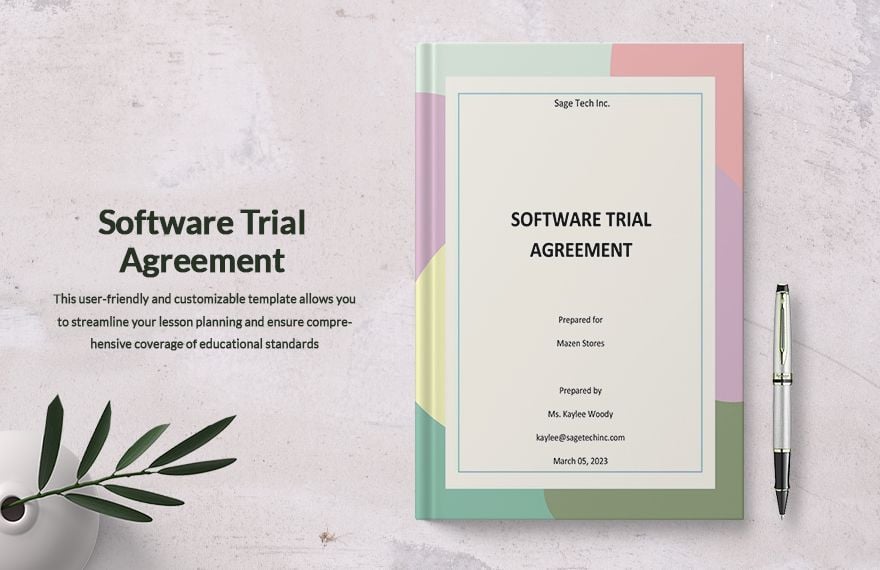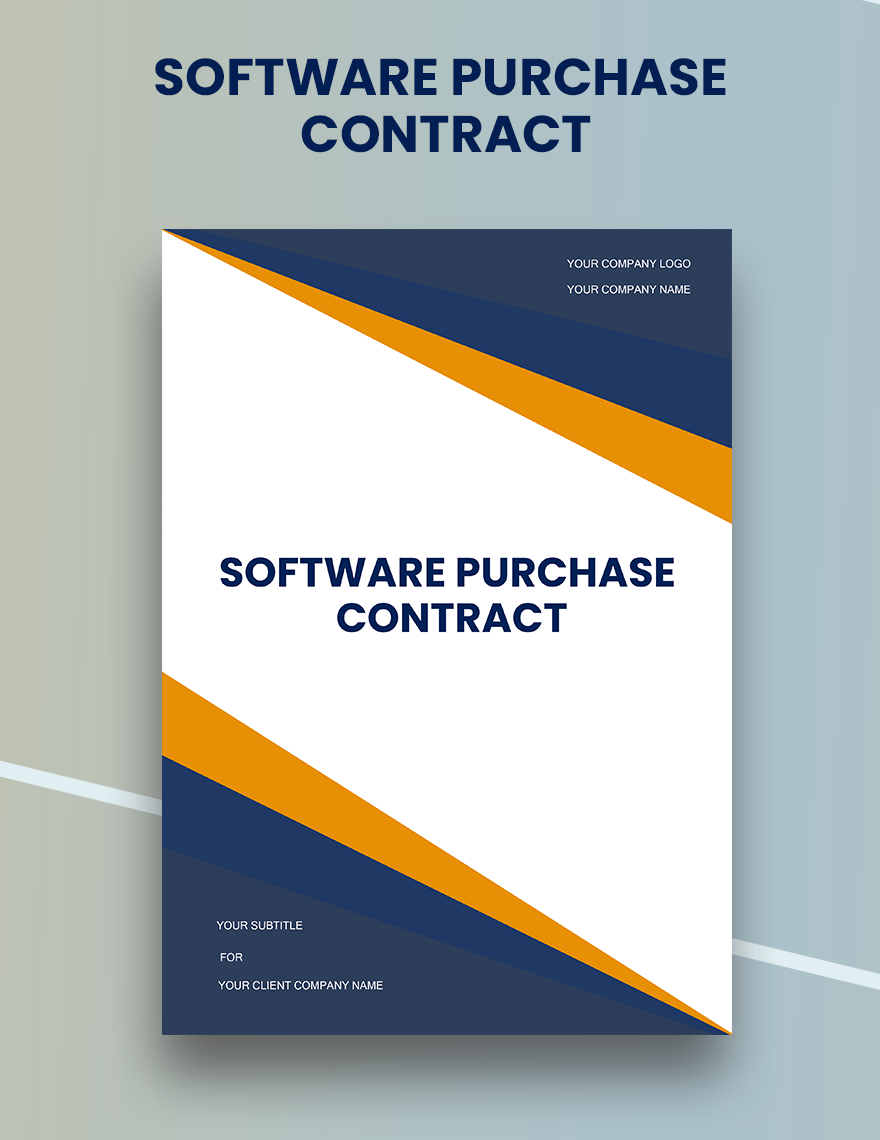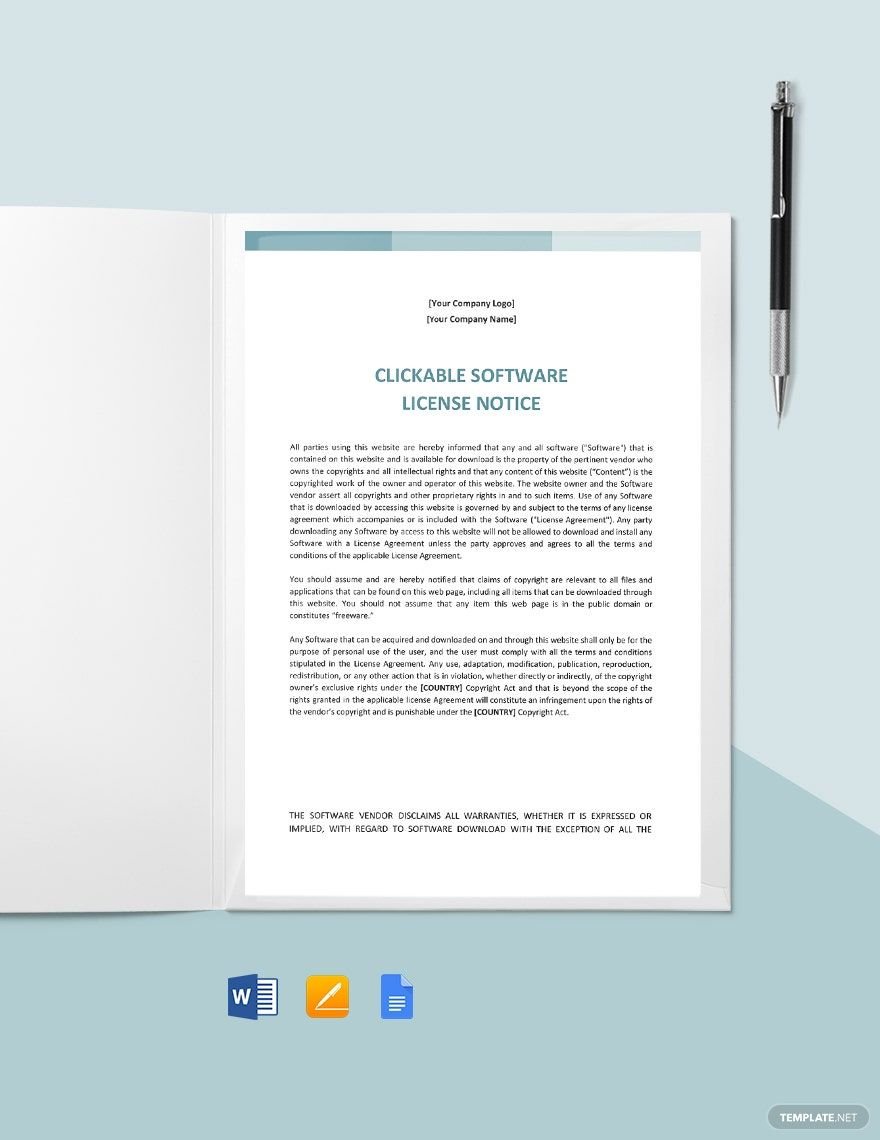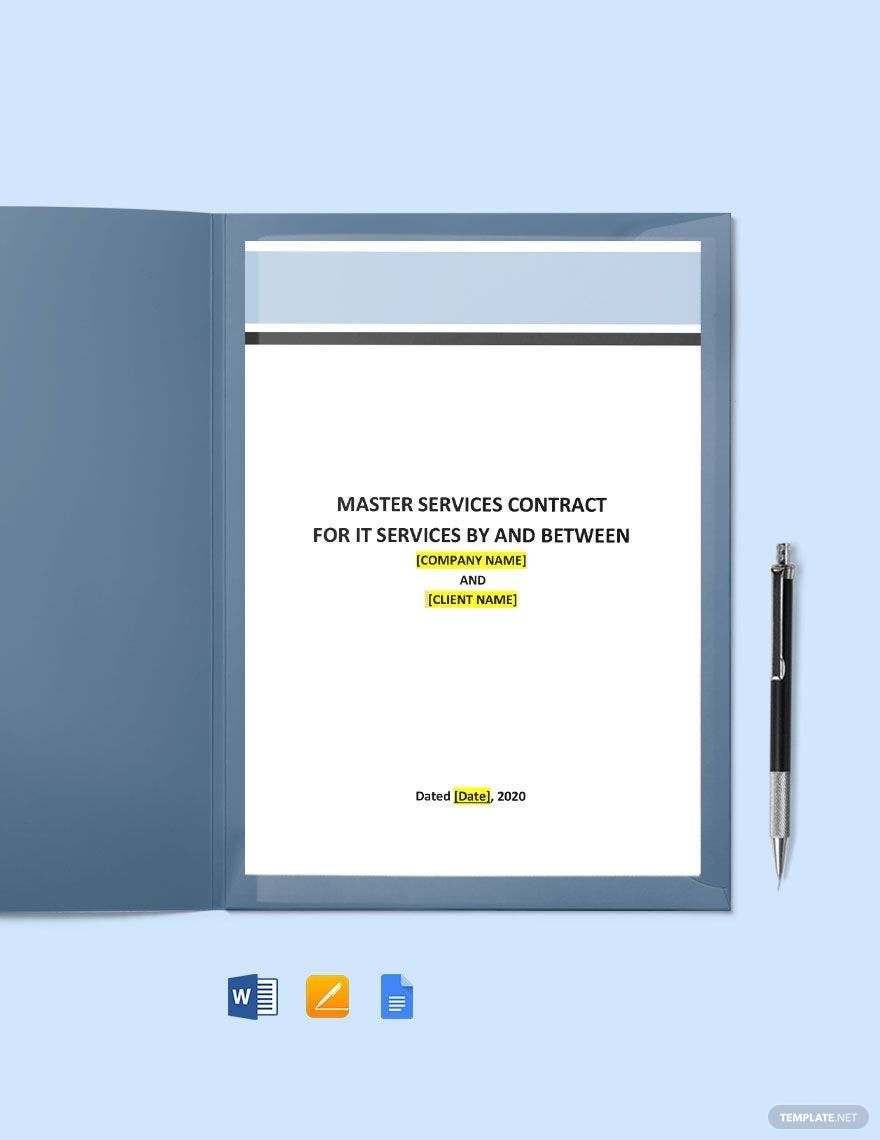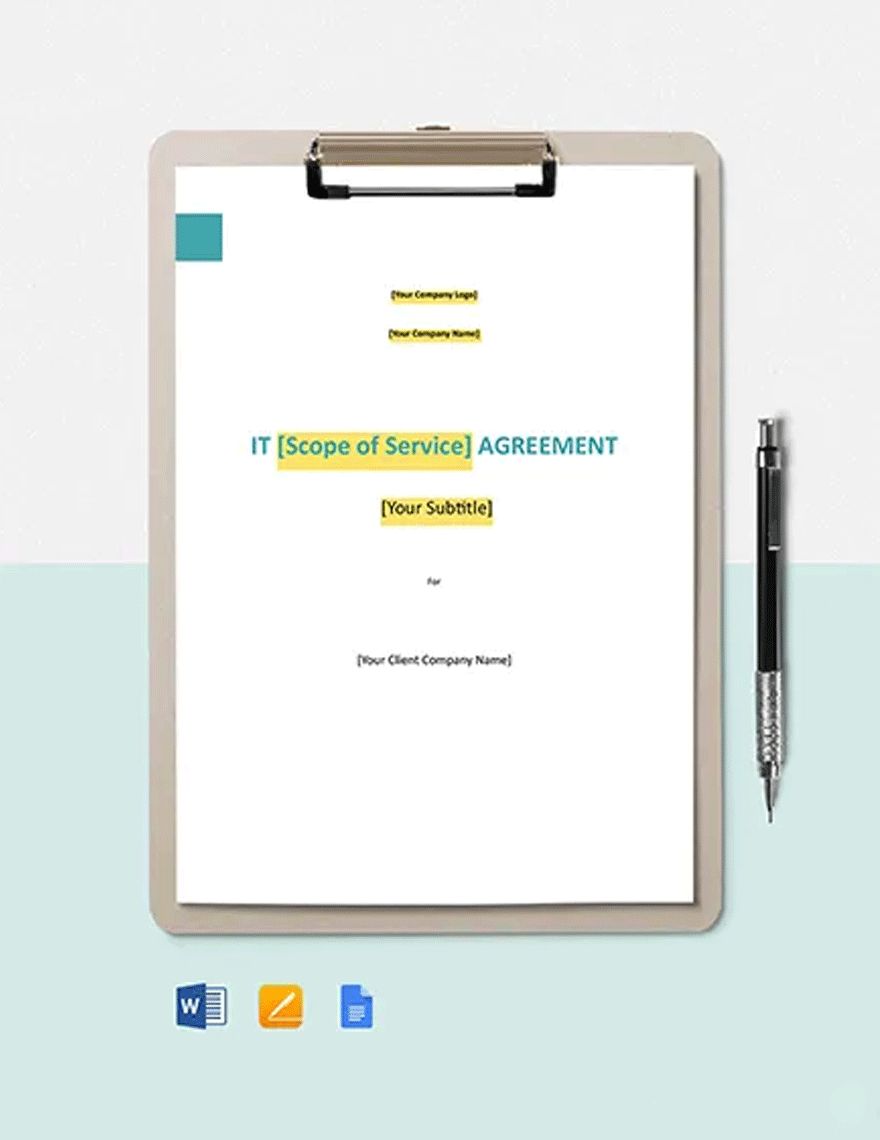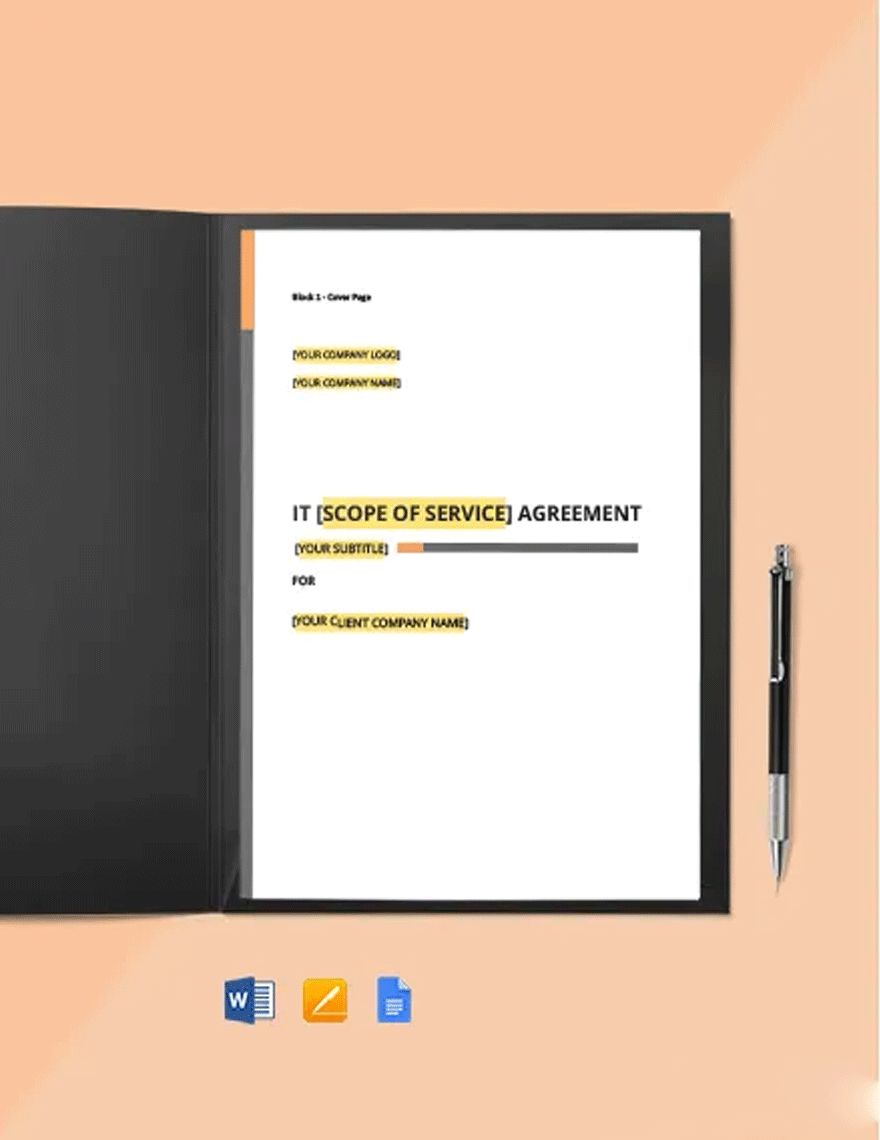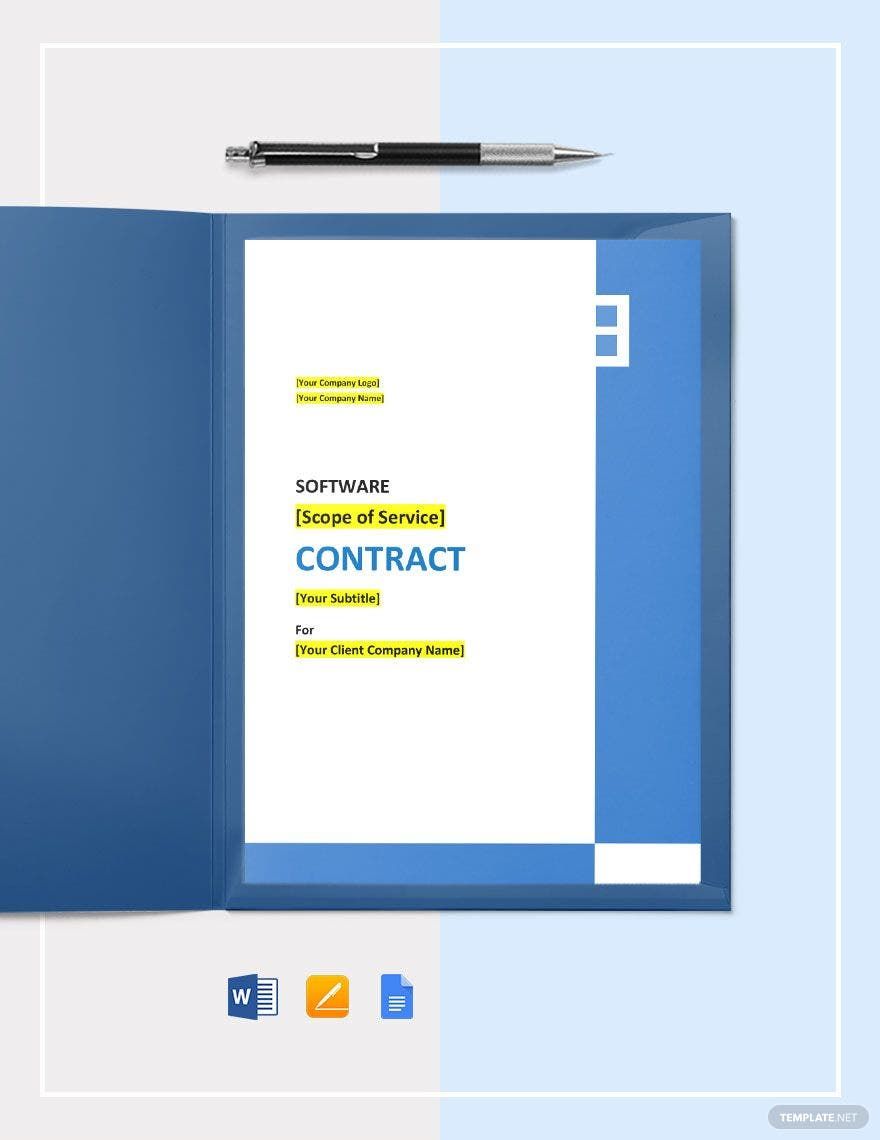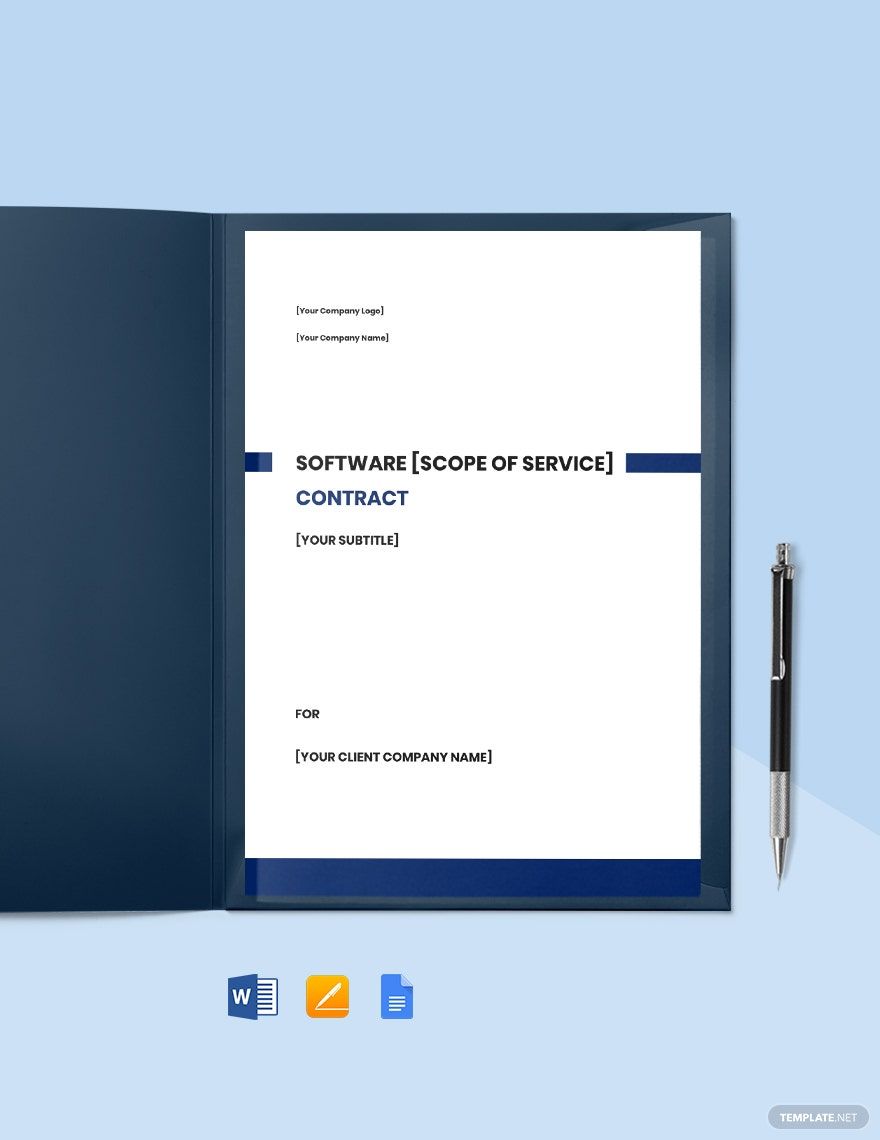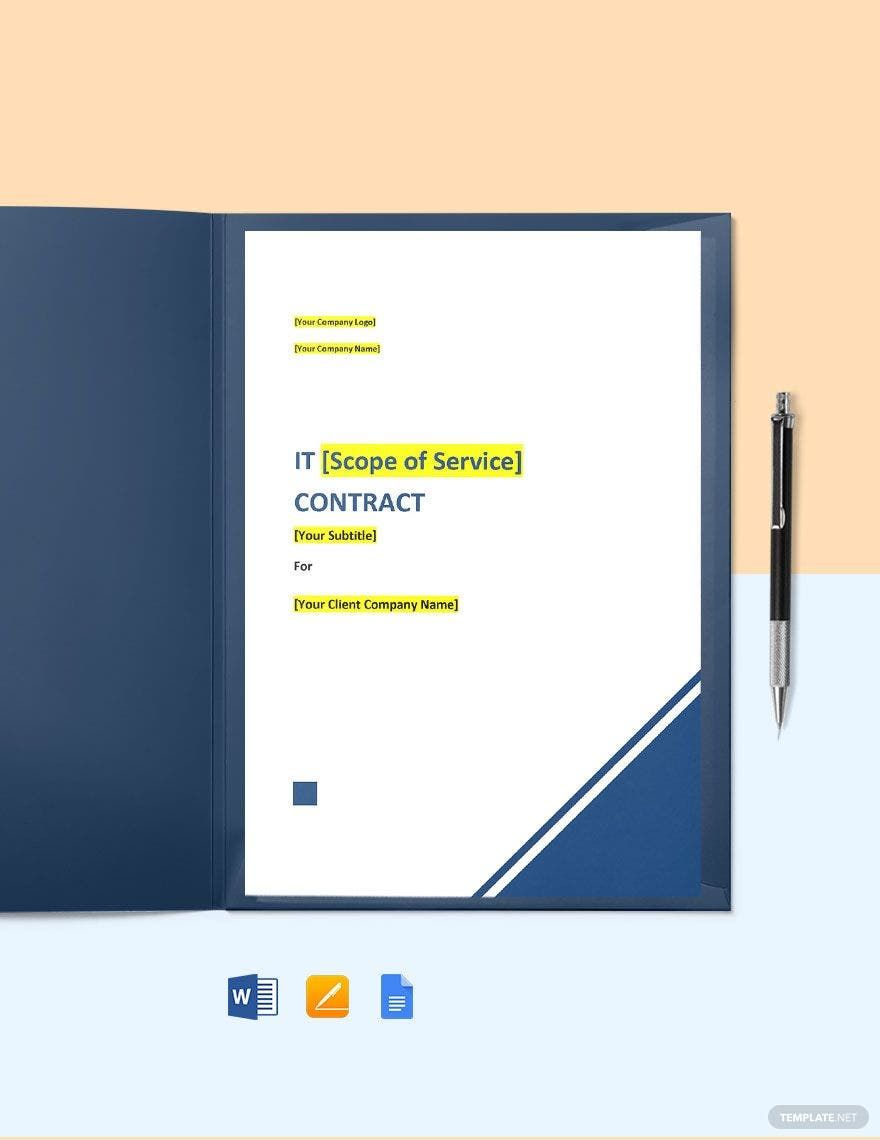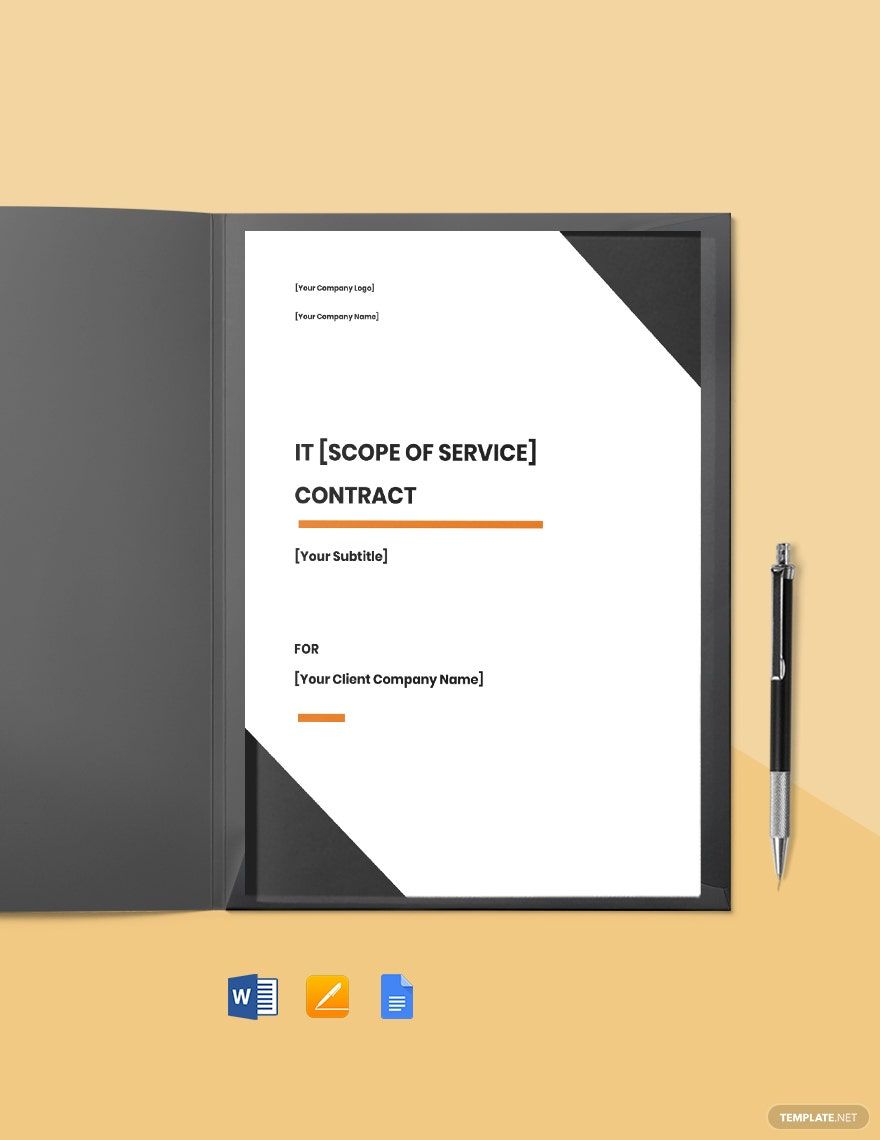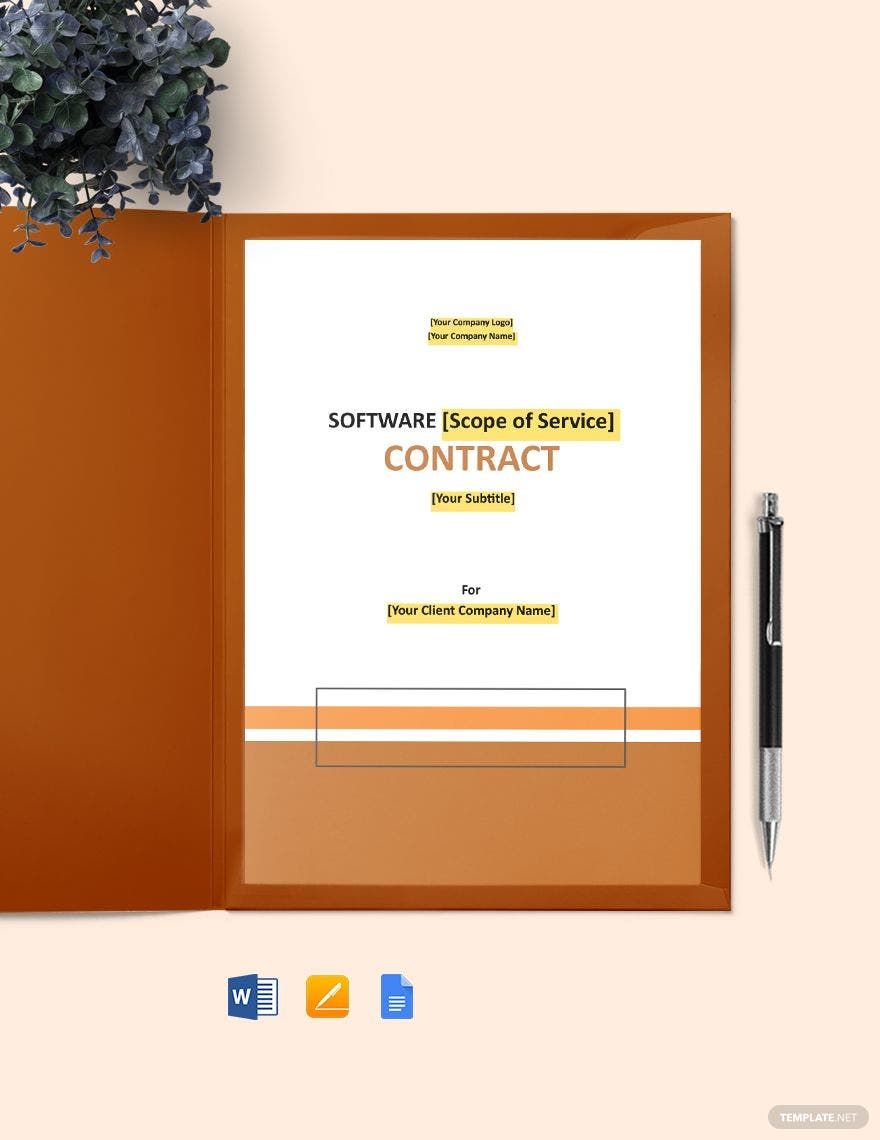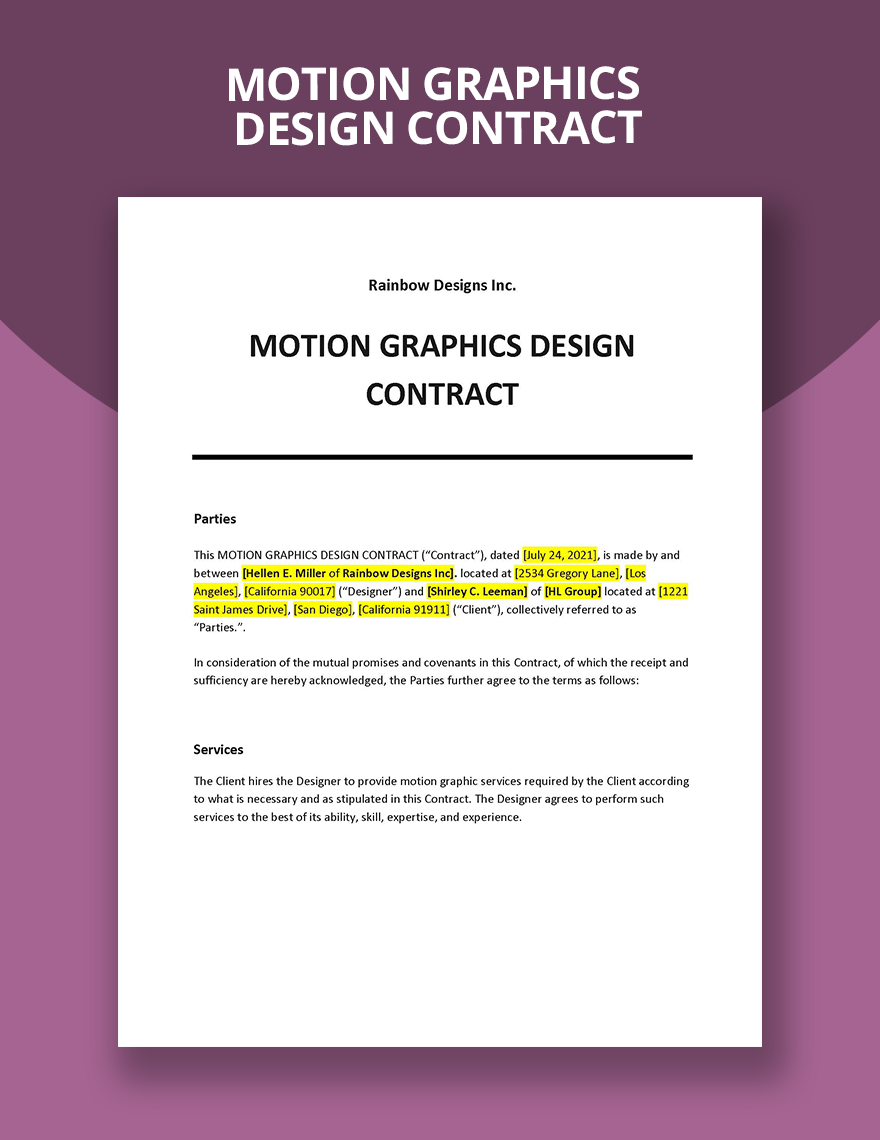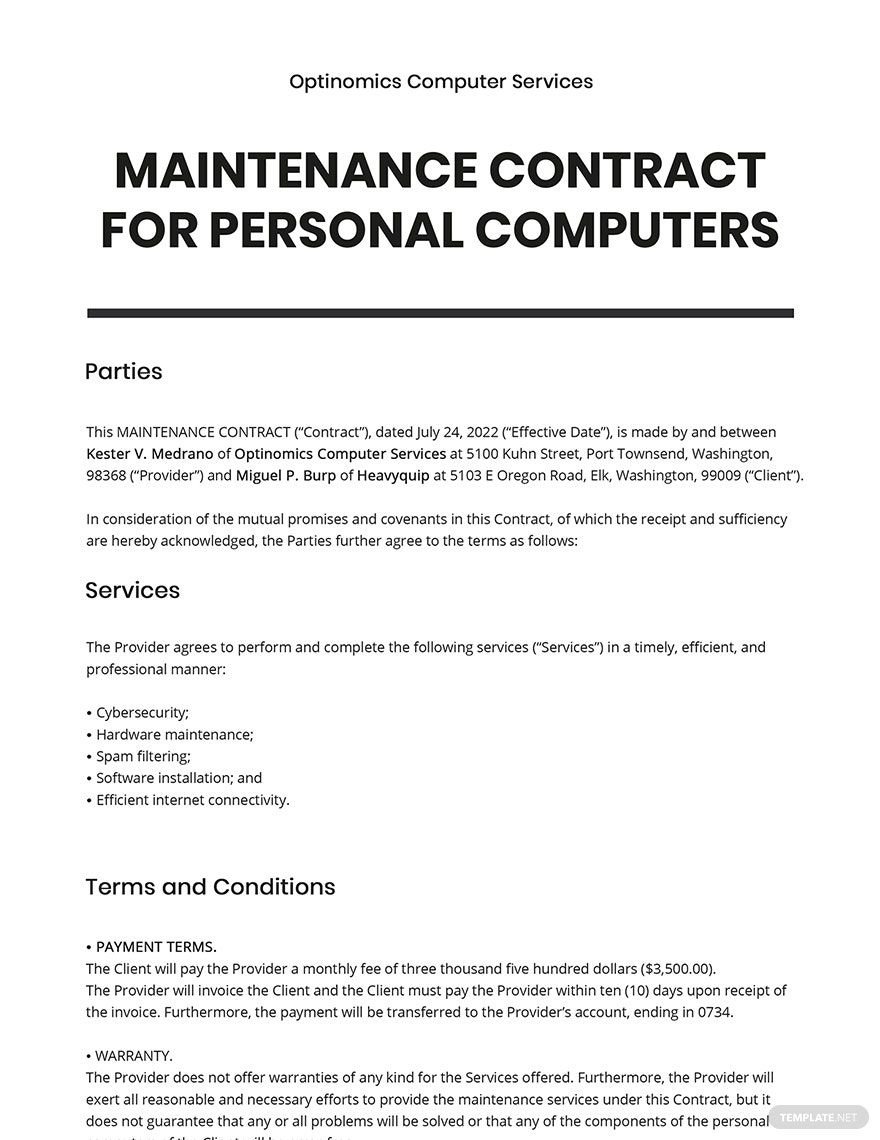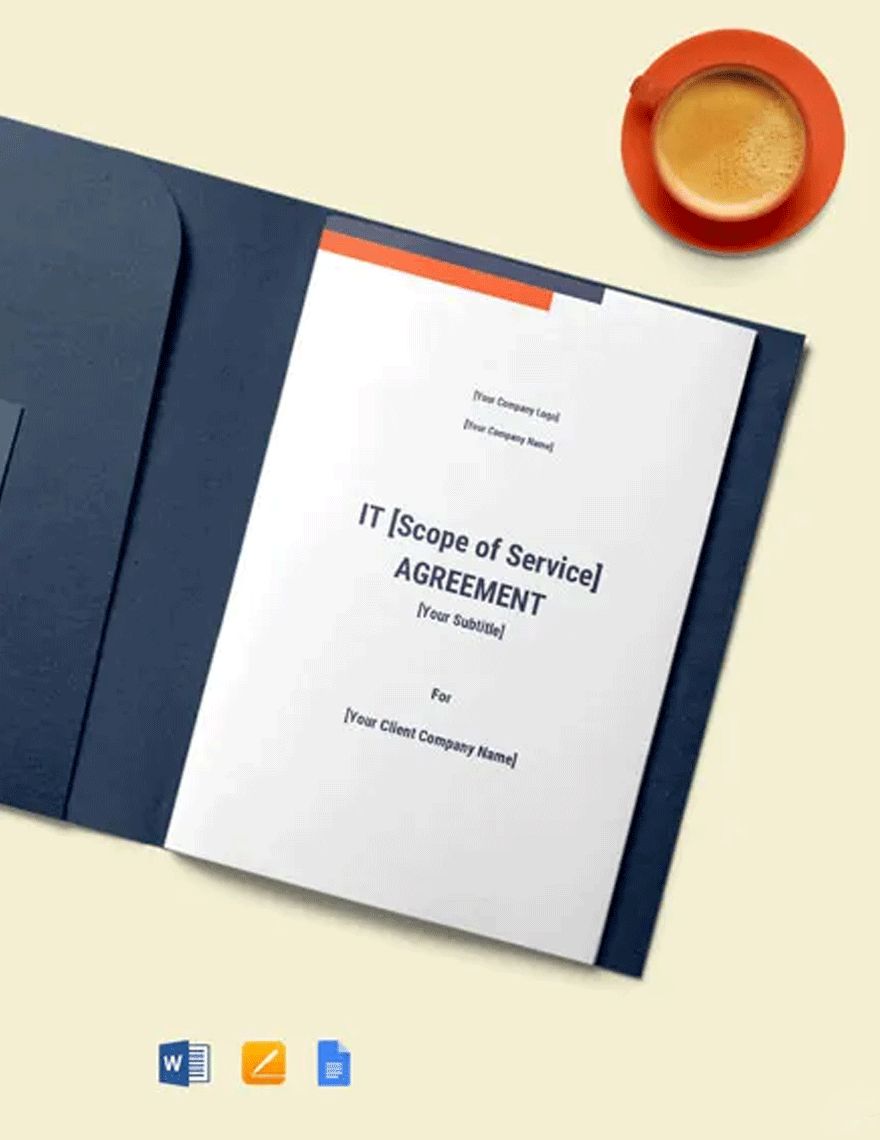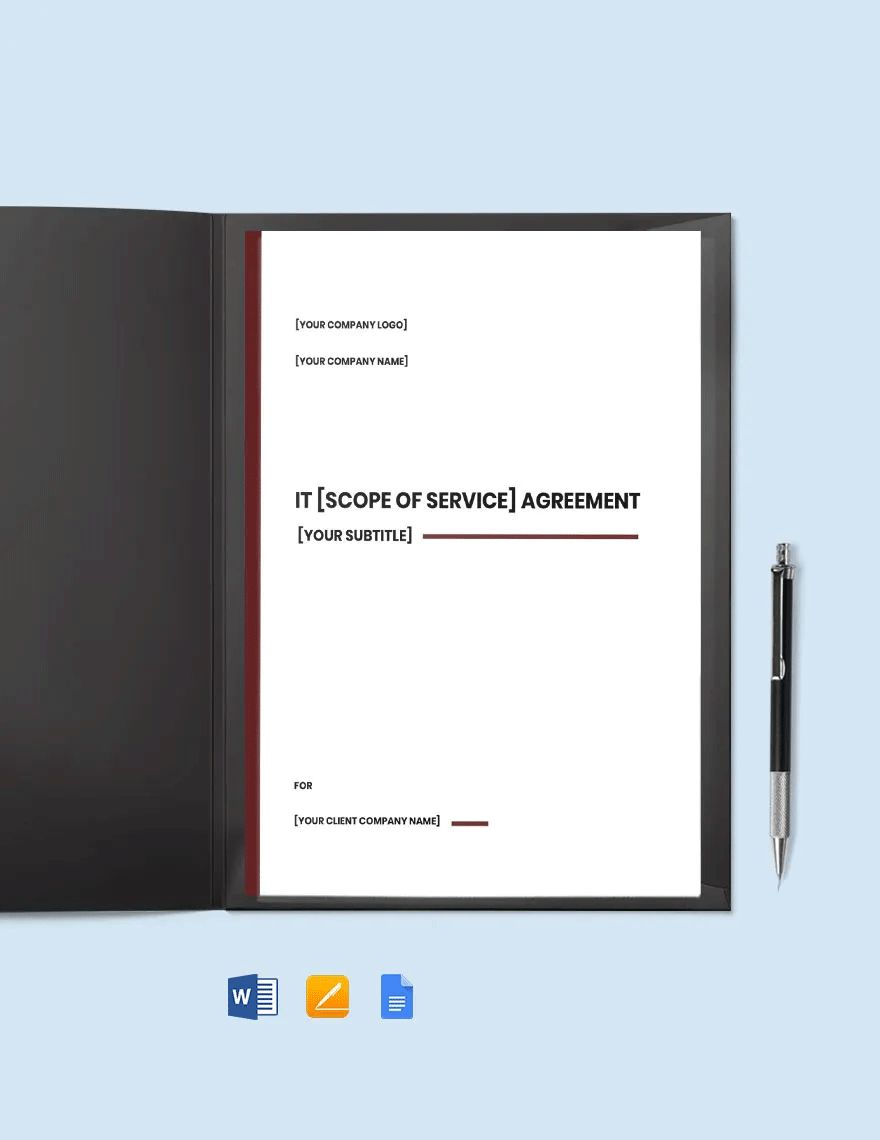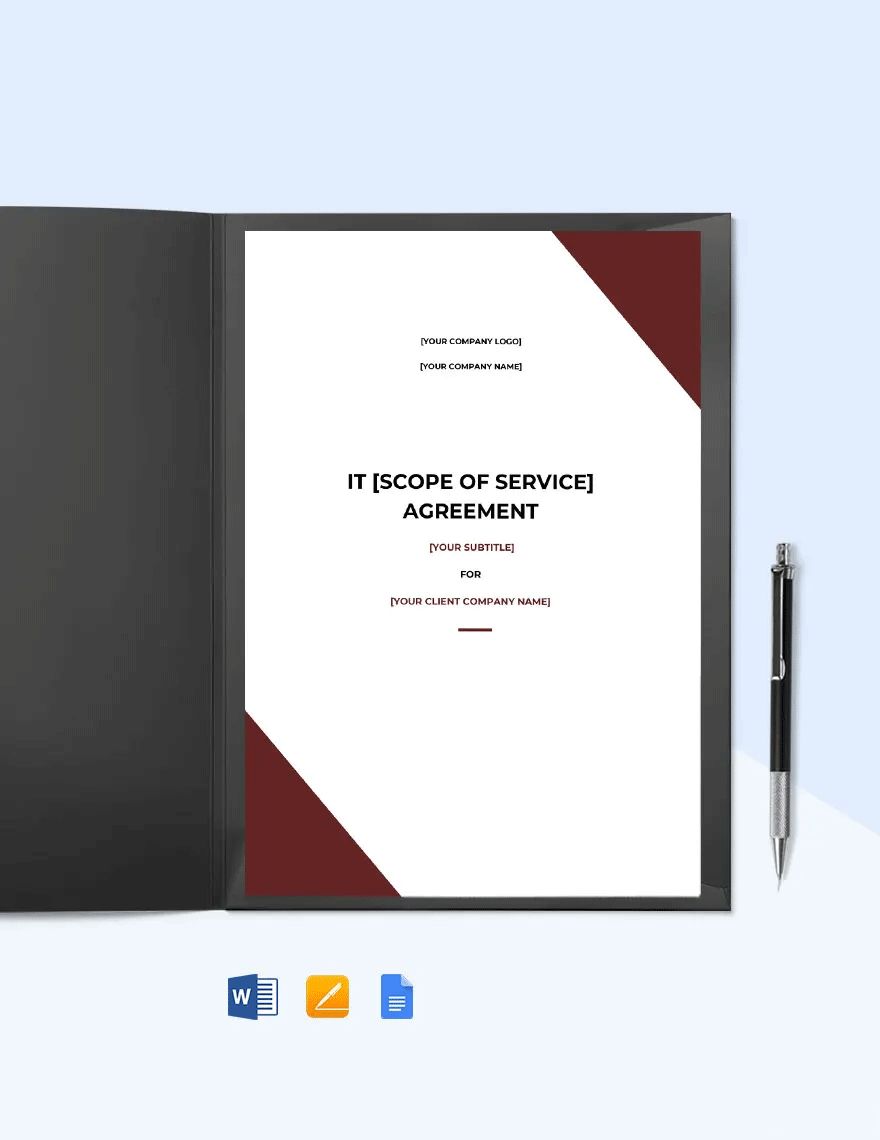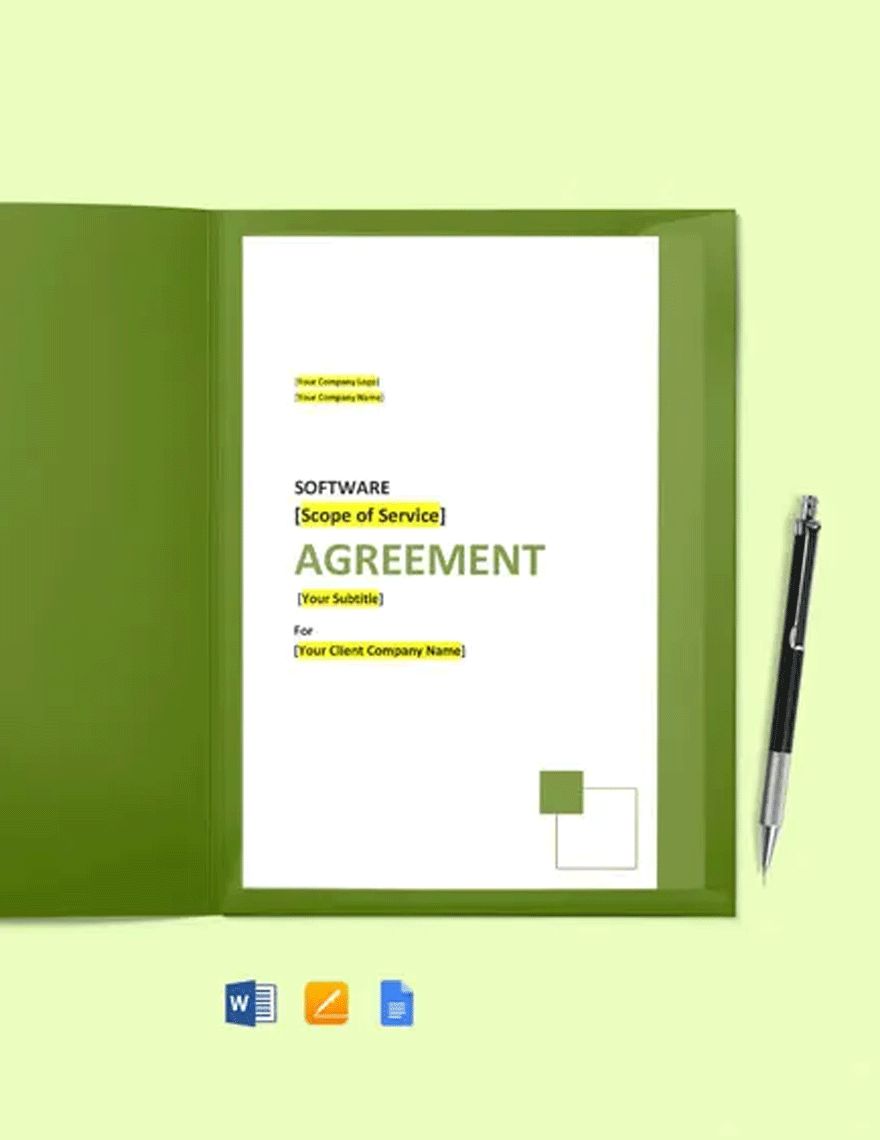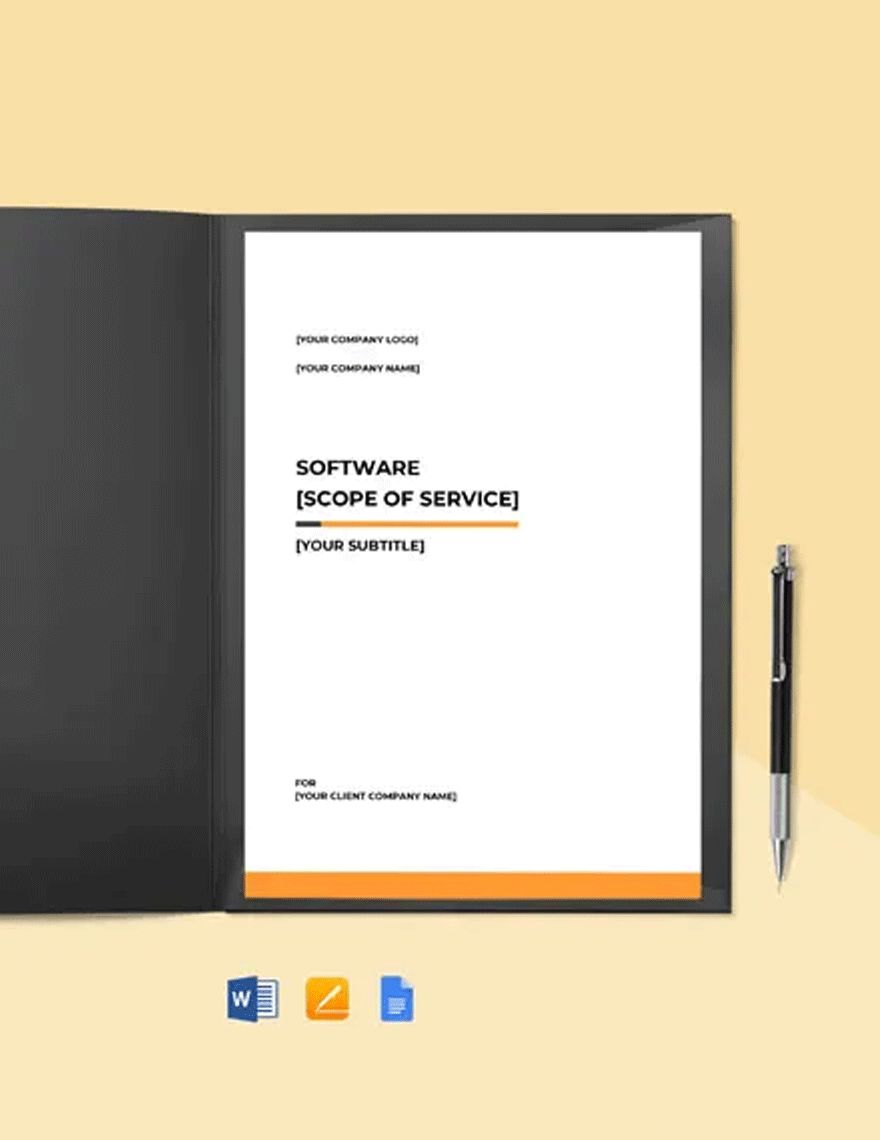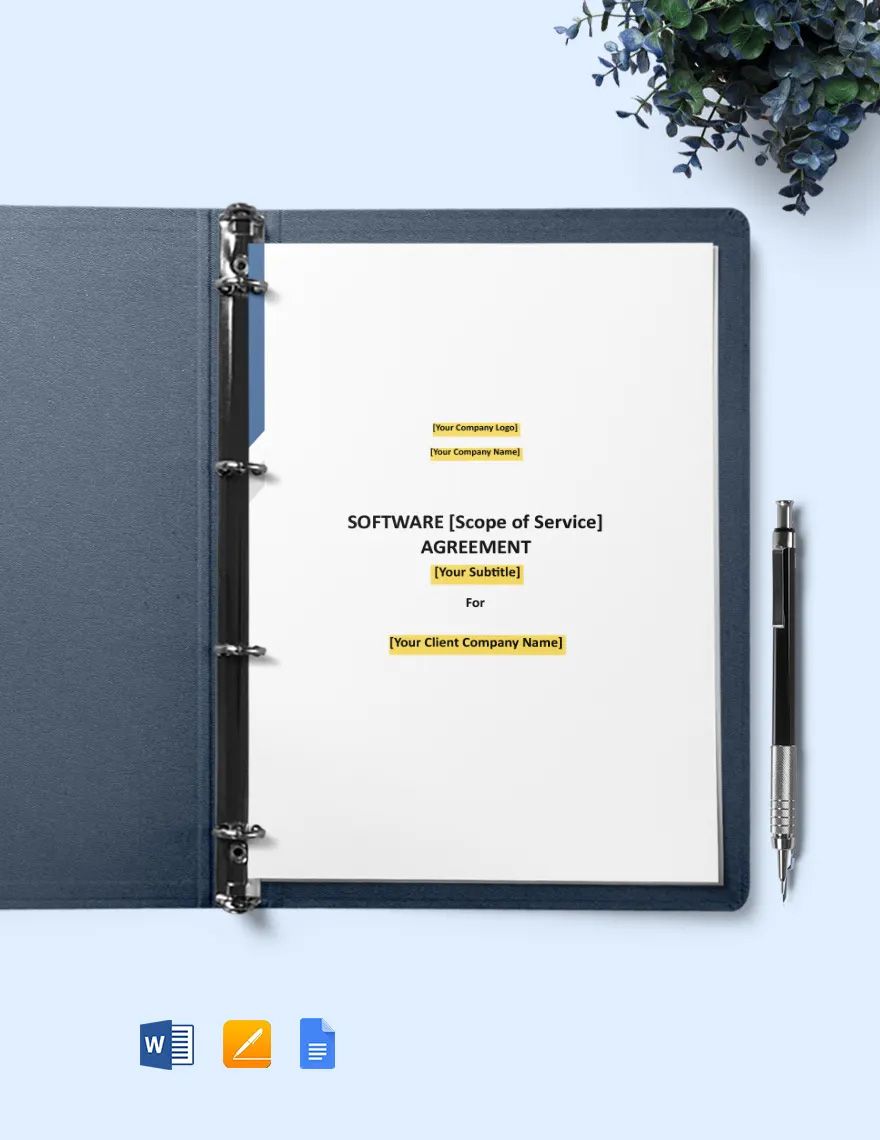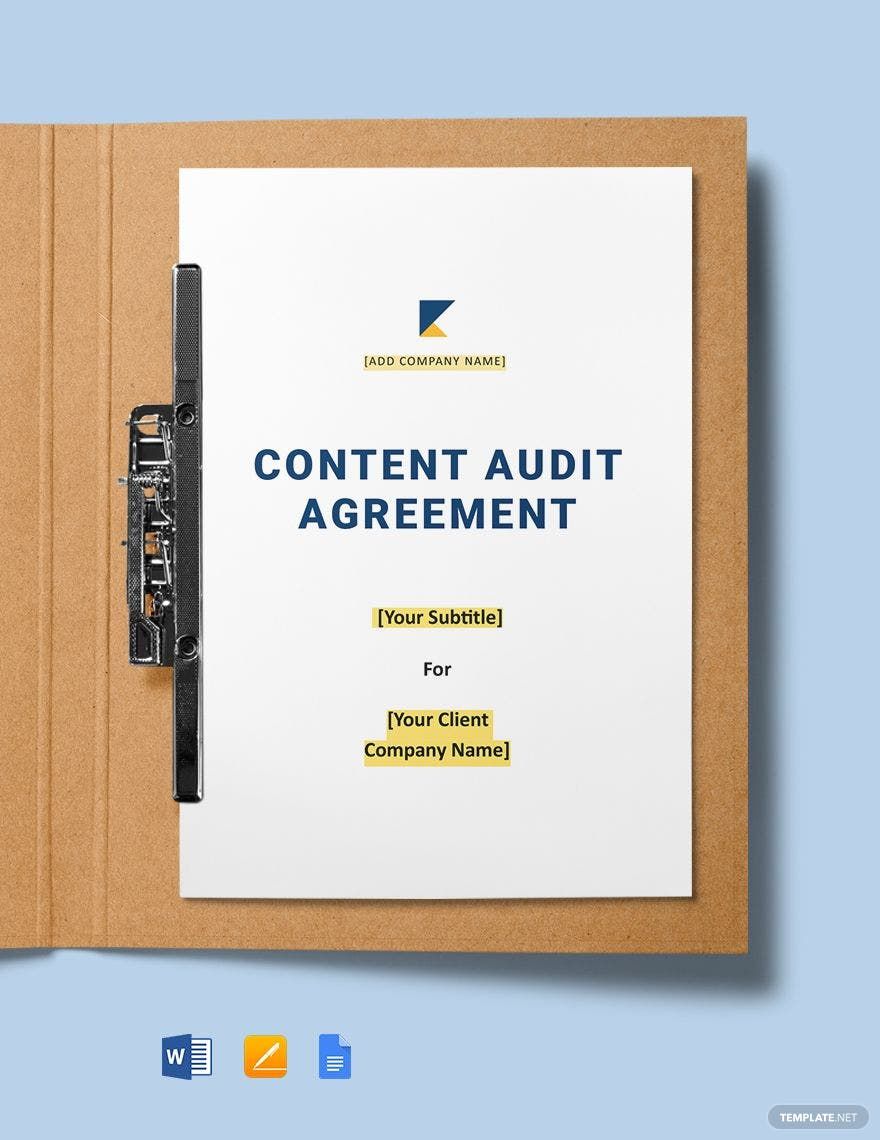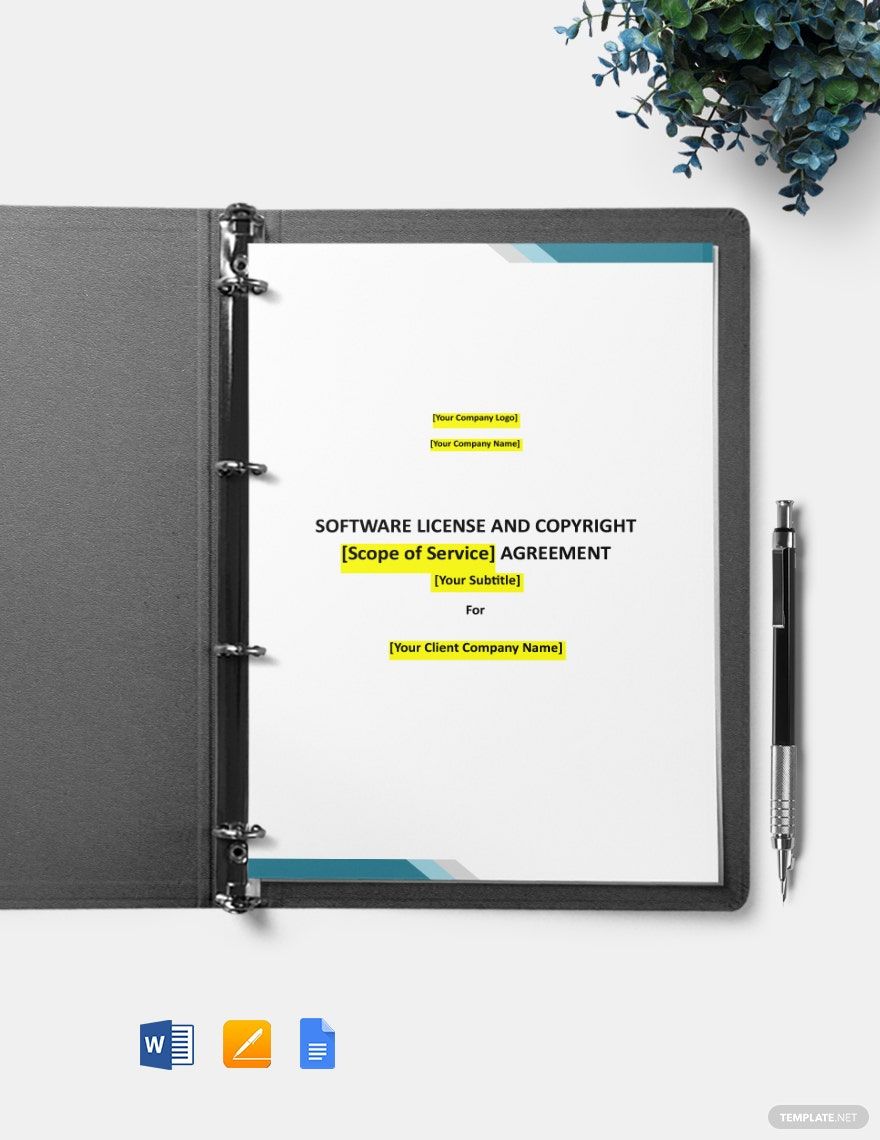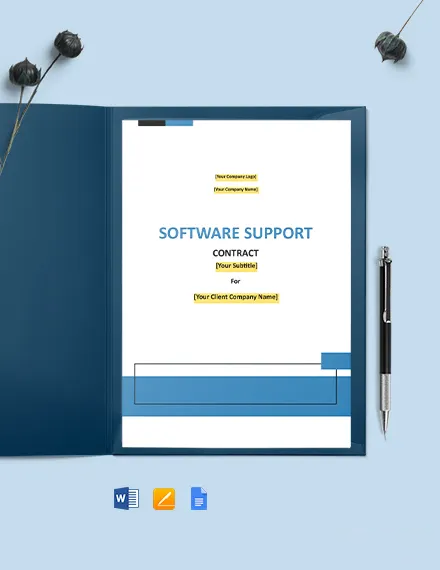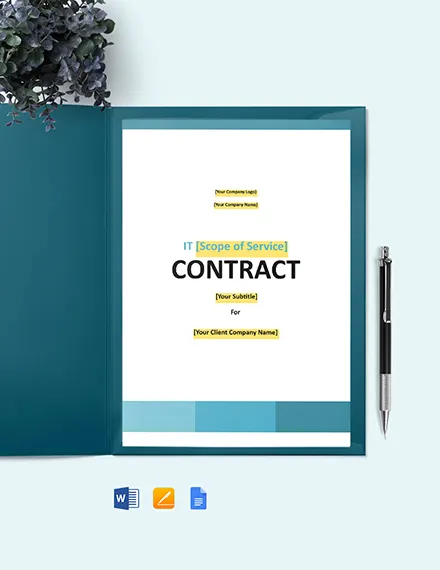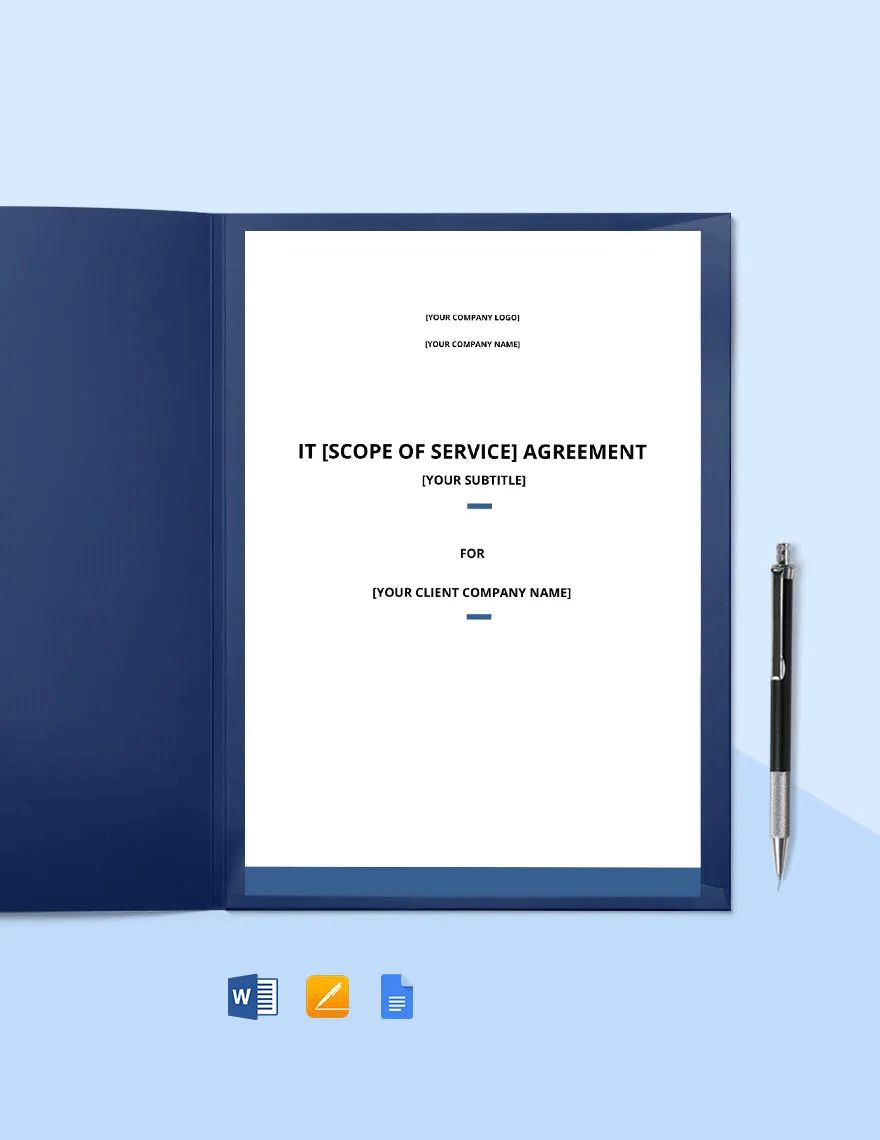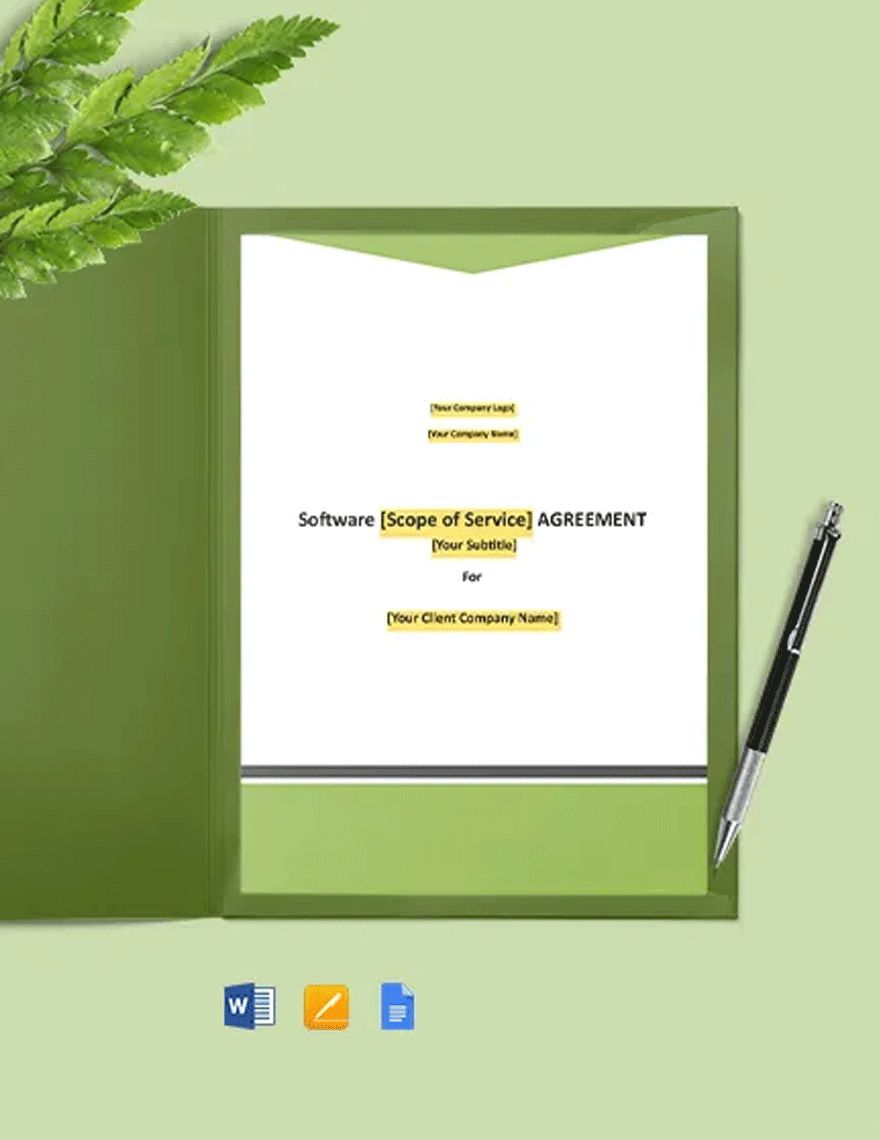No matter what type of business you run or what industry you are in, having the right legal documents in place is crucial for you to operate correctly. It goes the same way for IT and software businesses because there is a need to protect the company's proprietary rights and the interests of their clients. With the help of these IT and Software Legal Templates in Google Docs, you can produce professionally written legal documents effortlessly. Each printable template features fully editable content with suggestive texts for your convenience. What more can you ask for? Subscribe now for more premium templates!
How to Create an IT and Software Legal Document in Google Docs
Today's IT industry is a far cry from what it was two decades ago when computers and mobile devices were merely a luxury rather than a necessity. Research and advisory company, Gartner, reveals the Global IT spending in 2018 was at $3.7 trillion. Like what Uncle Ben from Spiderman says, "With great power comes great responsibility." Because of the IT sector's power, its market is most vulnerable to legal threats and related issues. Thus, you must never overlook the importance of having proper legal documents. Listed below are a few guidelines for drafting these documents that you might want to keep in mind.
1. Develop a Clear Plan
Drafting a legal document isn't easy, which is why you must establish a strong foundation when you begin. With a development plan, you can determine the terms and conditions that the document must cover, along with other technical details that need emphasis.
2. Make It Brief and Concise
Constructing statements and clauses with legal grounds can be tricky, not to mention risky when used for a business agreement. It's easy to misinterpret vague or complicated language, especially with wrong wording. Thus, be sure to keep your sentences short and to define any technical terminology used.
3. Keep Information as Accurate as Possible
You don't want to get in trouble with the law. Hence, all contents of the document must remain accurate and detailed to avoid problems. Most business contracts, for instance, need to be notarized for it to be enforceable. Otherwise, you may have to face the doubts surrounding the validity of the document.
4. Ensure Consistency
Consistency is vital, even for legal documents. The last thing you want is to confuse readers with variations of a word or phrase. If it means the same thing, don't think twice about keeping your descriptions consistent. This rule goes for transfer letters, proposals, agreements, and the like.

